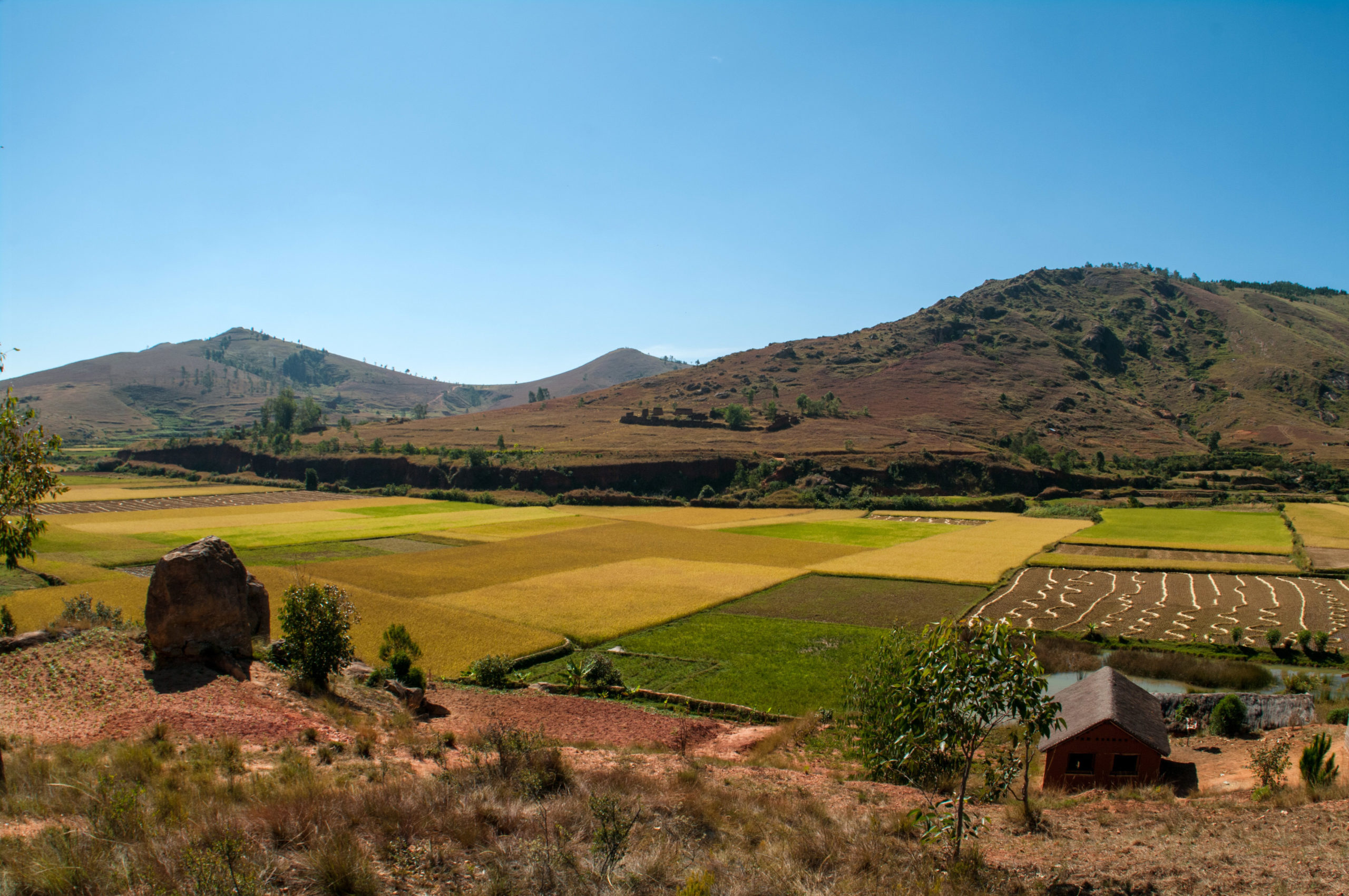Madagascan forests save lives after cyclones hit
Cyclones exacerbate the extremely high levels of poverty and food insecurity in rural Madagascar. New research shows the important role forests play in helping Malagsy people prepare for extreme weather.
W hen Cyclone Giovanna hurled violent winds and 35.5 centimeters (14 inches) of rainfall onto Madagascar over three days in February 2012, it left a path of destruction in its wake, destroying more than 44,000 houses, damaging upwards of 12,500 hectares (30,888 acres) of farmland and affecting a quarter of a million people.
The most cyclone-prone tropical country in the world
Madagascar not only has one of the highest rates of cyclones in Africa, it is one of the most cyclone-prone tropical countries in the world — and even when the storms aren’t deadly, they’re disastrous. A paper published this month in the International Journal of Disaster Risk Reduction examines for the first time the strategies used by vulnerable Malagasy smallholder farmers to cope with the impacts of cyclones — and the importance of forests in helping those farmers recover.
On top of taking human lives, cyclones damage the country’s infrastructure, destroy crops (reducing food availability), flatten houses and threaten the availability and quality of the water supply. In doing so, cyclones exacerbate the extremely high levels of poverty and food insecurity that already exist among rural populations in Madagascar.

Cyclones damage the country’s farmland. Photo by Mikadago
Coping with cyclone impact
About 70% of Madagascar’s farmers are smallholders who depend on subsistence farming for both their food and their income. Seasonally food insecure, living in remote areas and extremely poor — an estimated 87% of smallholder famers fall below the national poverty level — this population is especially vulnerable to cyclones. To understand how farmers could better prepare for future storms, the paper’s authors interviewed 200 Malagasy smallholder farmers in eastern Madagascar who experienced the category-4 Cyclone Giovanna.
Celia Harvey, vice president of ecosystem services for Conservation International (CI) and one of the study’s authors, explained what they found:
“While there have been previous national-level studies of the damage inflicted by cyclones, this is the first study within Madagascar to really examine how smallholder farmers prepare for and cope with the impacts of cyclones, and to demonstrate the devastating impacts that cyclones have on rural communities. Our study shows that 99% of farmers interviewed sustained damage to their rice fields, 70% lost stored grains to flooding and 89% experienced damage to their homes (18% had their homes completely destroyed). Approximately 38% of the farmers said they would not have sufficient food for their families for three to five months, while 47% said they would lack food for more than six months. In addition, 65% lacked access to clean drinking water following the cyclone, with significant health consequences.”
“Forests play an important role in helping farmers cope with cyclone impacts, as they serve as sources of emergency food for communities who harvest wild yams from the forests when food is scarce,” Harvey continued. “Farmers also collect building materials from the forest, such as timber and palm leaves, to rebuild their damaged homes.”
The ideas presented in this article aim to inspire adaptation action – they are the views of the author and do not necessarily reflect those of the Global Center on Adaptation.